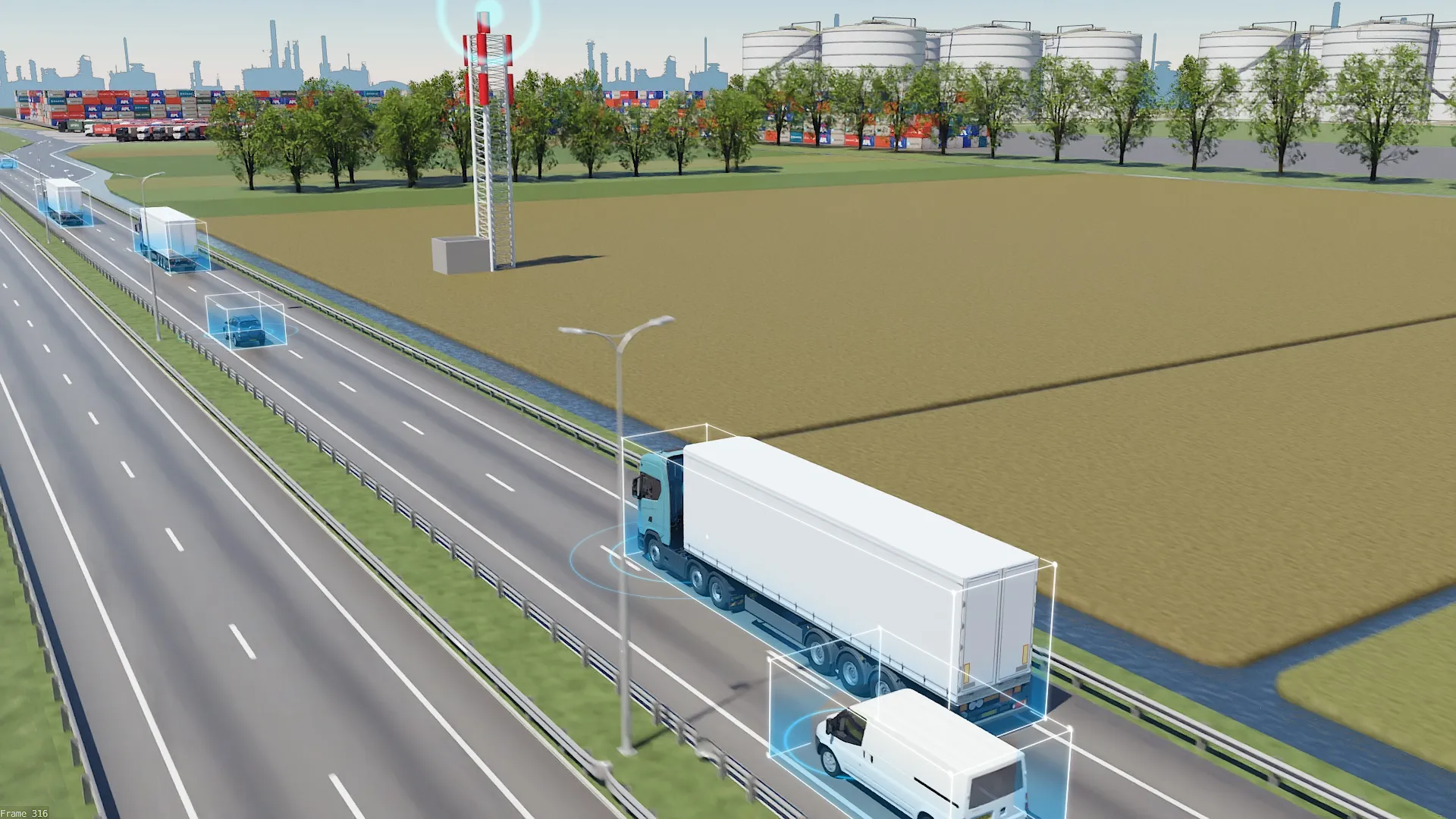Peru's private promotion investment agency ProInversión awarded the consultancy tender to develop the economic model for the Choquequirao cable car system concession to a consortium of Pricewaterhouse Coopers and Ingerop Conseil Ingenieri.
The cable cars will travel 5.4 kilometres from Kiuñalla in Apurímac to the Choquequirao archaeological park in Cusco, crossing the Apurímac canyon. Travel time will be 15 minutes and the system will be able to carry 400 people an hour.
The 22-year co-financed conces
March 25, 2014
Read time: 1 min
Peru's private promotion investment agency ProInversión awarded the consultancy tender to develop the economic model for the Choquequirao cable car system concession to a consortium of Pricewaterhouse Coopers and Ingerop Conseil Ingenieri.
The cable cars will travel 5.4 kilometres from Kiuñalla in Apurímac to the Choquequirao archaeological park in Cusco, crossing the Apurímac canyon. Travel time will be 15 minutes and the system will be able to carry 400 people an hour.
The 22-year co-financed concession includes the design, construction, equipping and operation of the cable car system. The consortium will be required to determine the subsidy required from the national government, together with the PPP model that will be most attractive to private investors.
Pricewaterhouse Coopers-Ingerop Conseil Ingenieri will have about one year to complete the work.
ProInversión has also begun the tendering process for the concession of the project itself.
The cable cars will travel 5.4 kilometres from Kiuñalla in Apurímac to the Choquequirao archaeological park in Cusco, crossing the Apurímac canyon. Travel time will be 15 minutes and the system will be able to carry 400 people an hour.
The 22-year co-financed concession includes the design, construction, equipping and operation of the cable car system. The consortium will be required to determine the subsidy required from the national government, together with the PPP model that will be most attractive to private investors.
Pricewaterhouse Coopers-Ingerop Conseil Ingenieri will have about one year to complete the work.
ProInversión has also begun the tendering process for the concession of the project itself.









